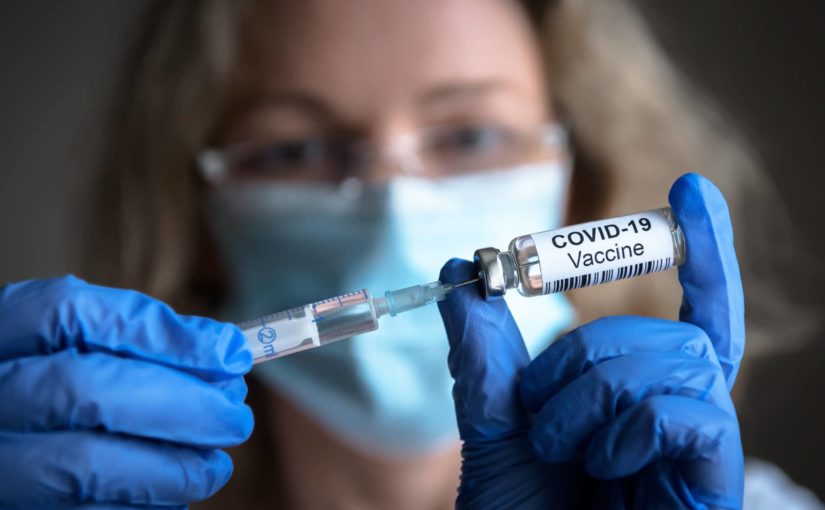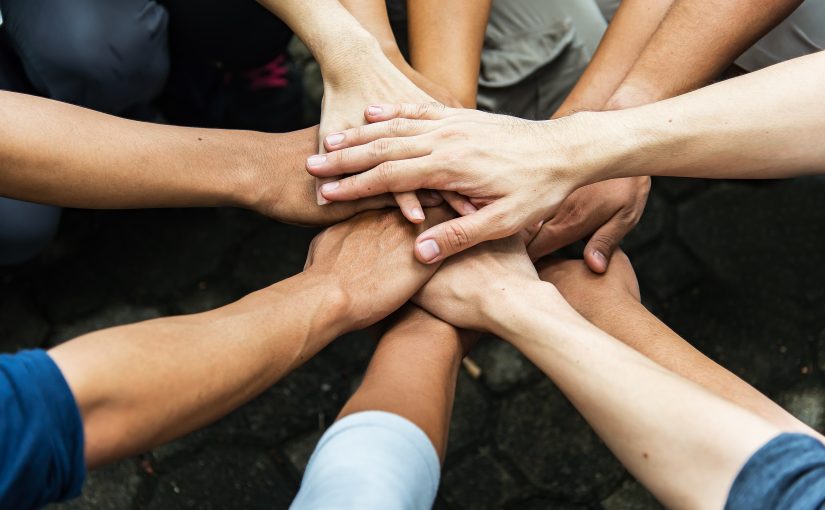Fernando Pessoa's poetry teaches: “To be great, be whole…Be whole in each thing…”, this lesson of the great poet inspires us to understand that the ethical posture must be like that, it is not possible to be ethical in half, to be in the personal and not professional life or vice versa.
The same occurs in the business environment, companies have to base their conduct on values and principles and not accept ethical deviations. It has to be full.
Thus, it is not acceptable to disrespect labor rights and allow harassing practices, claiming that you respect the rights of consumers or that you comply with integrity processes, but sell fake products or, to ensure a sale, corrupt public officials.
It is common for companies, when defining their mission, to affirm that they have a duty to respect the laws, consumers, employees and that they defend the preservation of the environment and sustainability. However, as defined by Aristotle: “Virtue is in transforming values into action”. Thus, we are virtuous if we practice the commitments made. It's not enough to talk, you have to do it.
This transformation of intentions into action is not simple. The pressure for results, in companies and the desire or need to buy at the lowest price, in people, can encourage the acceptance of ethical and legal deviations and even try to justify them. In the Lava Jato lawsuits, many businessmen tried to explain the massive corruption by claiming that, if they didn't act like that, their competitor would. They would have been “forced” to accept indefensible proposals to guarantee the company's continuity and that this was the rule of the game.
This ethical inconsistency cannot be sustained, the development of a country depends on legal security, that is, clear rules and the guarantee that everyone will comply with them is what encourages and maintains investments and the generation of jobs and income. The Brazilian Institute of Competition Ethics – ETCO, created in 2003, was a pioneer in this posture.
In Brazil, in the wake of the wide repercussions of the corruption scandals that have swept the country, integrity policies have assumed great importance, with codes of ethics and a channel for complaints, including as a condition for participating in business.
This need became a posture demanded by more conscientious investors, consumers and employees, validating the ESG metrics, so in vogue, defining the obligations with the environment, with the social (community care; diversity, inclusion, psychological safety) and governance (combating any ethical and legal deviations).
Companies were urged to assume commitments of respect for coexistence and ethics, not accepting deviations, in all their departments and areas of activity, demanding the same from suppliers and customers. The public sphere has also been aligning itself with this policy, with the installation of controllerships, internal affairs and ombudsmen, encouraging a culture of integrity.
Accompanying this movement, the associations representing the productive sectors must also adopt parameters of sectorial conduct. The fight against corruption, the defense of legality and ESG parameters cannot be isolated attitudes, it has to be broad. For a good coexistence in the business environment, the uniform posture of compliance with the law and ethics in the productive segments preserves legal security.
In fact, self-regulation is a path that should be encouraged, defining the sectorial code of ethics, seeking to prevent illegal activities, establishing a channel for complaints, in short, guiding everyone to respect the law, encouraging the preservation of fair competition and development of a market solid in principles and values.
The moment of tragedy that we face with the pandemic demonstrates that the valuation of ethics is fundamental, especially given the criminal opportunism of those who took advantage of the urgency to obtain advantages at the expense of public health.
The behavioral culture of the business environment must evolve, valuing proactivity, with leaders leading the ethical paths of companies, with the support of sector associations, without being at the mercy of external commands that point out deviations. Those who know the market best must act to isolate practices that erode credibility and disfigure the legitimate objectives of the private sector, which, in order to be preserved, must follow best practices.
This ethical, preventive and protagonist wholeness results in benefits for the whole society and has to be strengthened.








